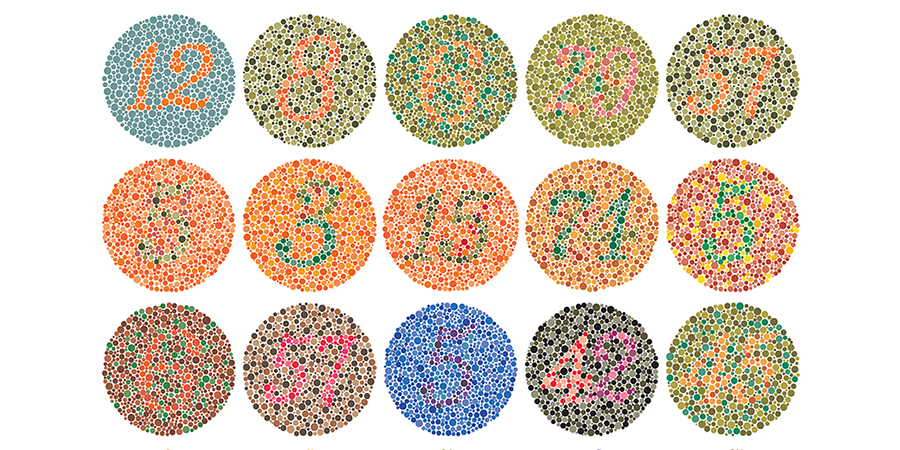Every pastor, every biblical counselor has talked to a counselee that really couldn’t see his sin very accurately. You’ve patiently showed him how he’s hurting his marriage, how he’s not fulfilling his biblical role, how he’s not loving his wife as Christ loves the church, and he’s not seen it. He refuses your counsel. He doesn’t own his sin. He rejects blame. It’s difficult to communicate the biblical concept of spiritual blindness—that we don’t see our sin very clearly. Sin deceives us to its existence (Heb 3:12-13), and we want to be deceived about it.
In this life we will never have 20/20 vision about our own sin. The Laodicean church shows us that.
Revelation 3:17 (ESV) For you say, I am rich, I have prospered, and I need nothing, not realizing that you are wretched, pitiable, poor, blind, and naked.
Did the Laodicean church think that everything was okay while in fact, everything was radically wrong? Did they really believe that things were A-Ok when they were really wretched, pitiable, poor, blind, and naked? Yes they did. So do you. And so do I (Cf. Mt 7:3-5).
So what illustration can a biblical counselor use to communicate our tendency to be spiritually blind? Most use physical blindness which works, but has limitations. One, a physically blind person knows they are physically blind; a spiritually blind person often does not know they are spiritually blind. Two, physical blindness as an illustration is all or nothing, but there can be degrees of spiritual blindness.
Protanopia or deuteranopia are types of color blindness. With protanopia you cannot see the color red (1% of men) and with deuteranopia you cannot see the color green (5% of men). Most commonly a colorblind person struggles to differentiate between reds and greens. What is life like for the colorblind? They go through life without seeing all the colors we see. Most times it doesn’t affect them—at least in ways they are aware. They look at their child’s crayon drawing, and they don’t know what they’re missing. They notice the cut and shape of a new dress on their teen daughter, but they don’t know that the colors are fantastic.
We had a student in our church who didn’t know he was colorblind until he took his vision test for his driver’s license. You need to be able to distinguish between reds and greens if you’re going to have a license—stoplights demand it! His family enjoyed camping and in looking back, it made sense that he wasn’t ever impressed with the sunsets while sitting around a campfire. His life worked fine—as far as he could tell—while being colorblind.
YouTube videos of colorblind people seeing colors for the first time are somewhat common now.[1] http://enchroma.com/ A company called EnChroma worked with Valspar Paints to develop glasses that allow colorblind people to see colors. It’s amazing. In one I saw a guy look at a sunset and say, “So is that what you guys see every day?” He’d never understood the glory of a sunset.
Colorblindness is a better analogy to our spiritual lives than total blindness. Think about what it means to be colorblind. You can function fine. You might know that you’re colorblind, but you really don’t know what that means. You don’t know what you’re missing because you’ve never seen it. You look at a flower garden and you can see the different shapes and some differences in hues, but you have no idea that you’re missing the eye-popping colors in the garden. You’re missing something that is obvious to everyone around you. That’s spiritual blindness. You and I can function in life, and because we can, we don’t notice our blindness to our true condition. We go through life ignorant of the depths and extent of our sin. We cannot see it.
Sin is blinding. By nature it fools us, and when we’ve sinned for a long time in the same way, we become less and less able to see it in all its ugliness. I’ve rarely, maybe never, talked to a person whose tongue was destroying his family who thought his problem was as severe as it really was. That’s the human condition. Sin is blinding.
Colorblindness is a better illustration of spiritual blindness than actual blindness. It illustrates the blindness-to-our-blindness characteristic of spiritual blindness. It illustrates that we can function with our spiritual blindness. We’re not incapable of making our way through life. And that fact keeps us from seeing our sin very well.[2]The picture at the top is a test for colorblindness.

